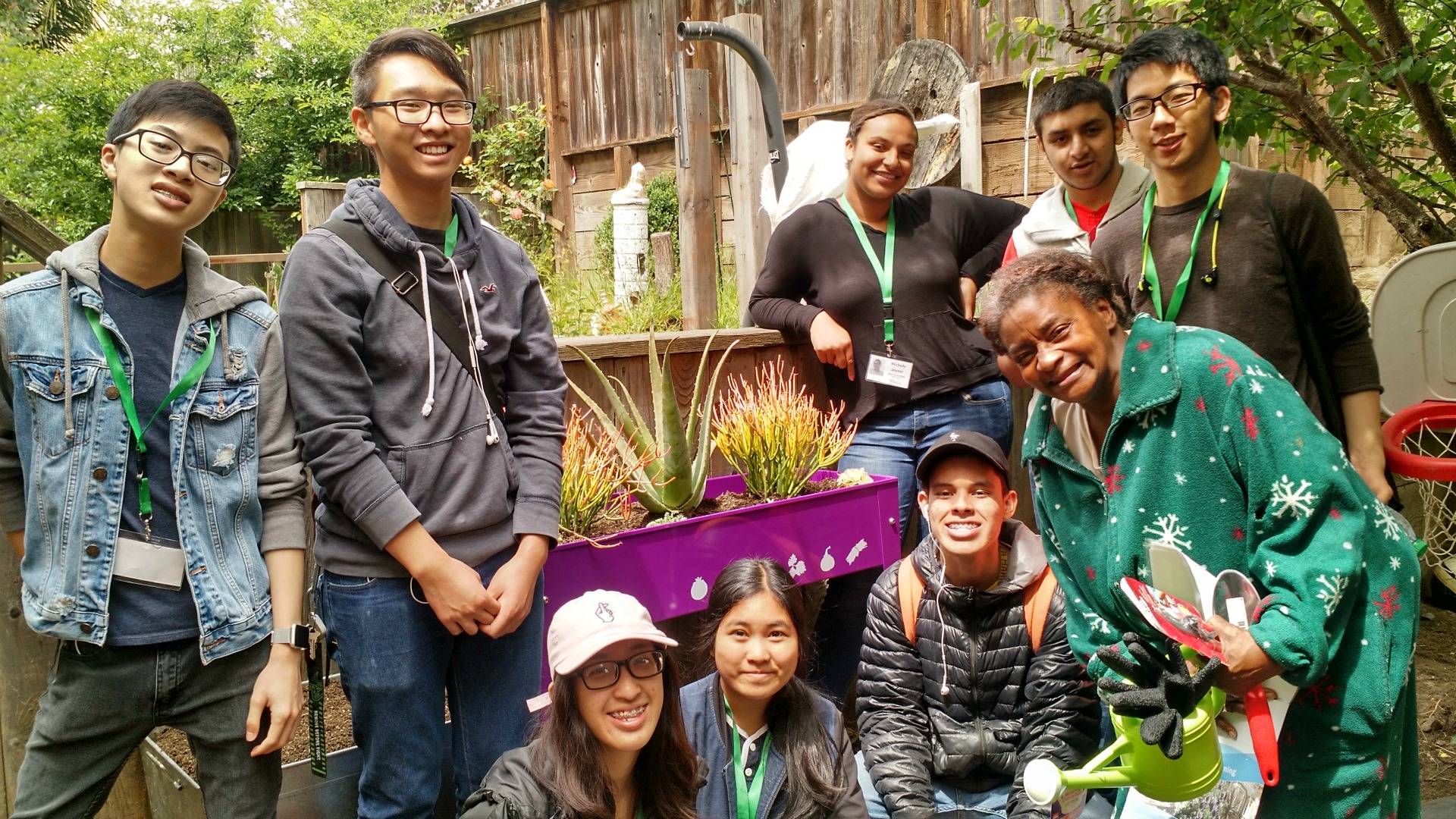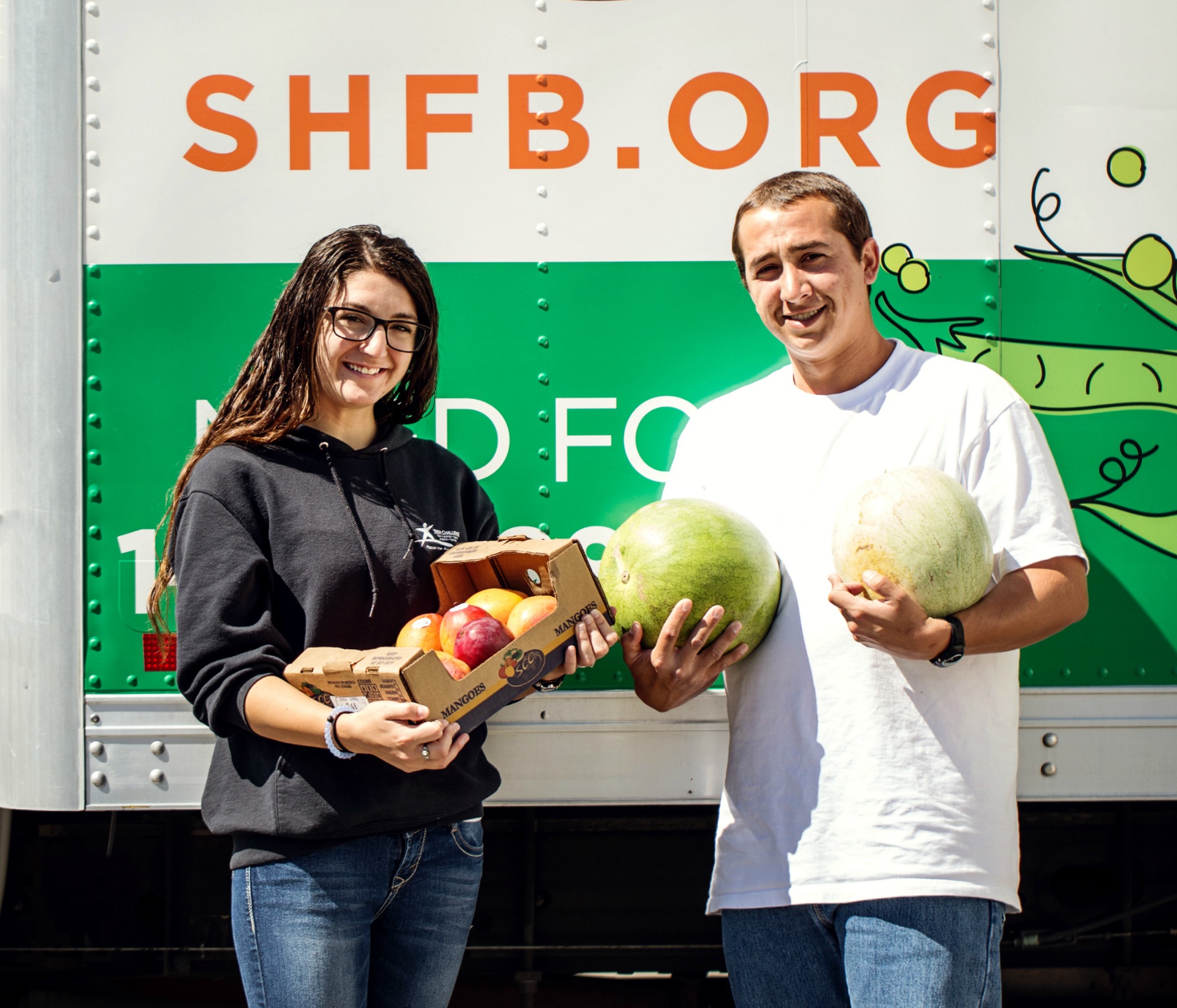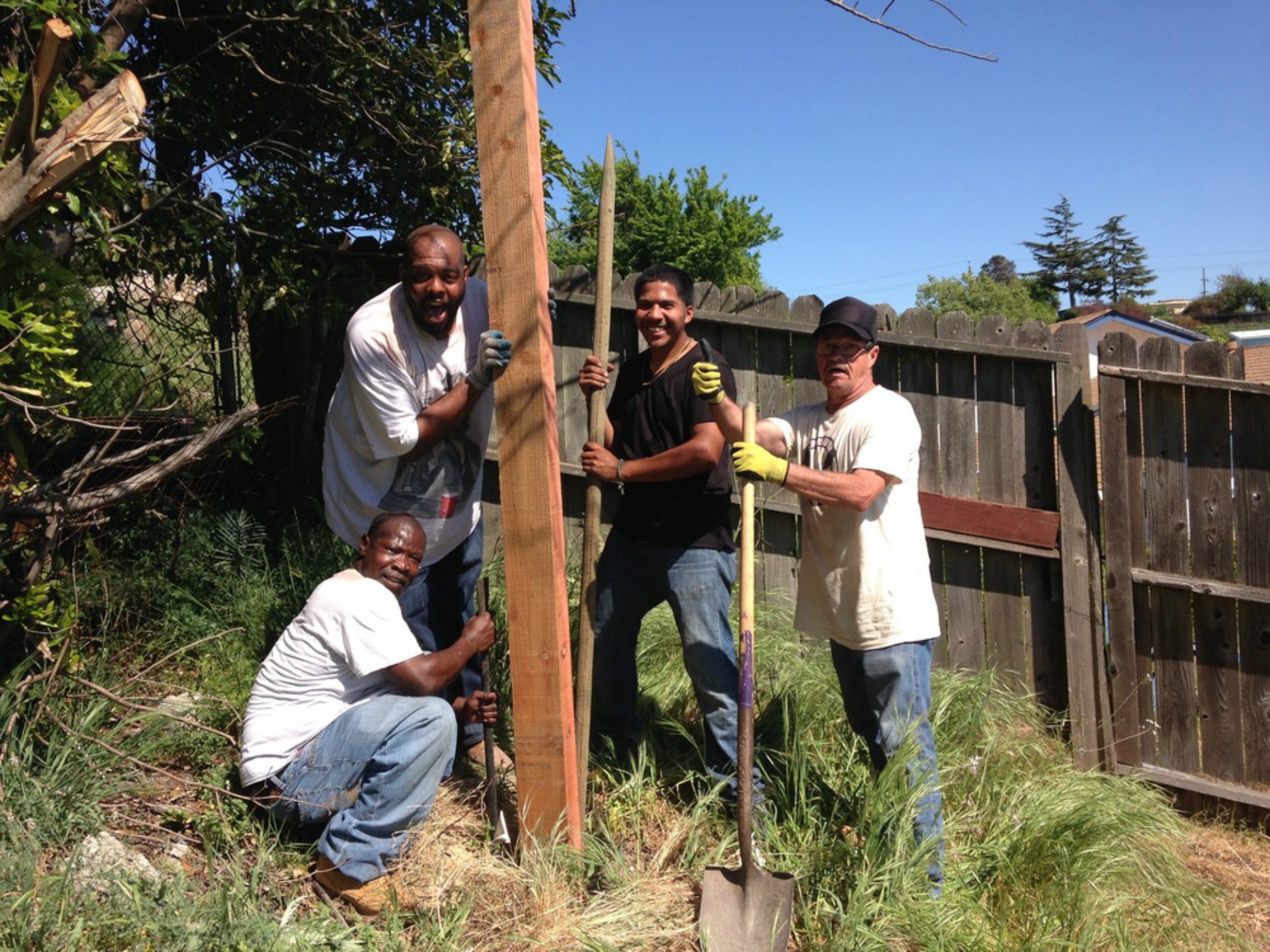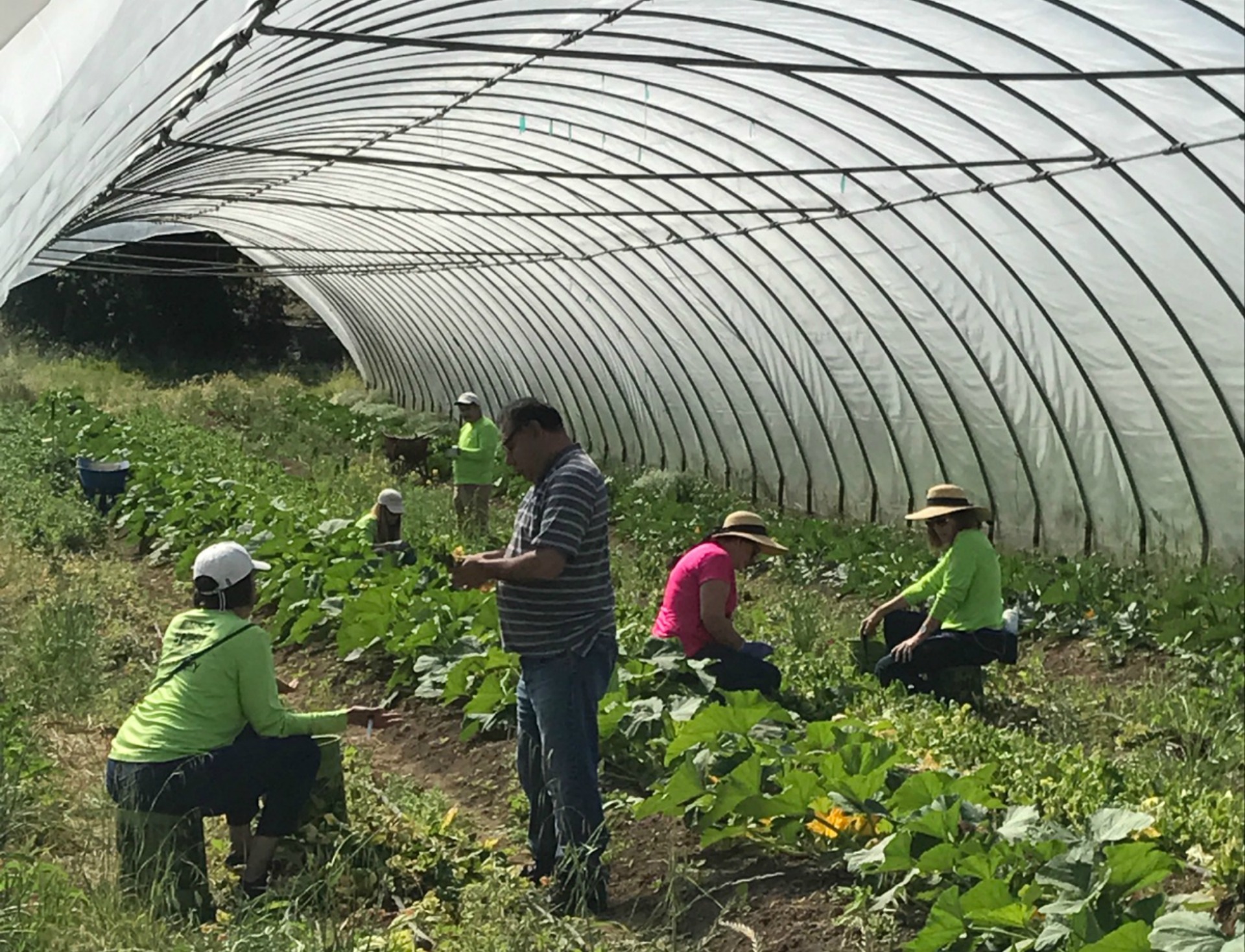It's no secret that there's a gulf between the Bay Area's wealthy residents and not-so-wealthy residents, and the imbalance shows itself in a number of ways: the soaring rates of evictions, your favorite restaurants closing, and the city’s increasing homogenization. Another side effect? Food insecurity. The SF-Marin Food Bank estimates that one in four residents in Marin and San Francisco struggle to feed themselves, and other local food banks report similar stats.
The Bay Area has a long history of charities working to deal with this problem, including religious organizations like Glide and St. Anthony’s and other groups like Project Open Hand, which grew out of the AIDS epidemic. Now, the conversation about feeding people has evolved to one emphasizing “food justice,” a term that describes a food system where everyone has safe and equal access to affordable, nutritious food grown in a way that supports the health of the workers and the environment. We’ve listed a variety of foodcentric charities across the Bay Area, highlighting their different approaches to a more equal food system. This isn’t an exhaustive list, so let us know your favorite food-related charity or nonprofit in the comments.
San Francisco
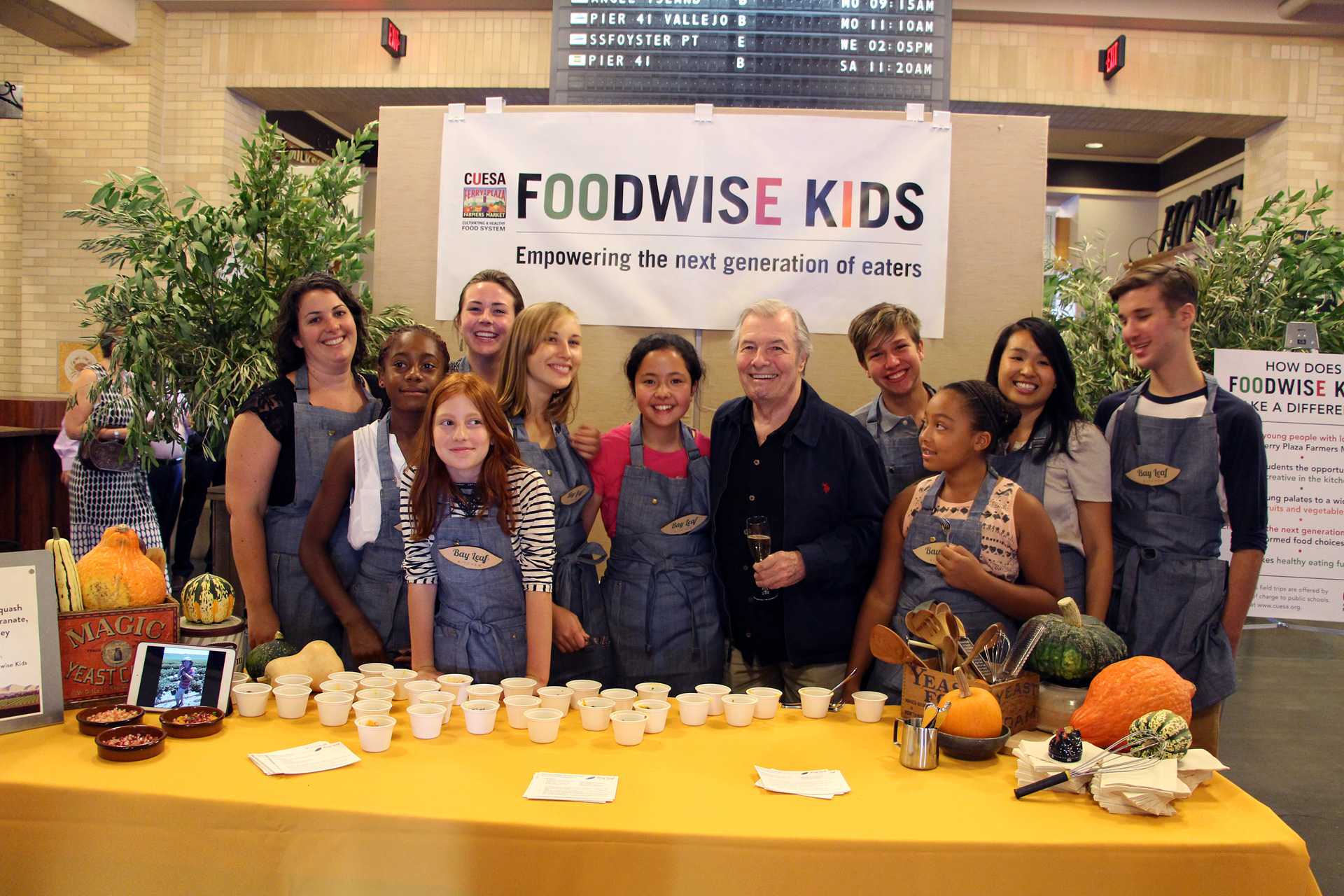
CUESA, or the Center for Urban Education about Sustainable Agriculture, is more than just farmers market and goat festivals. The nonprofit has been working since 1994 to inform city goers about the systems and processes that produce their organic kale and sustainable bacon. In addition to their farmers markets in San Francisco and Oakland, CUESA offers a wide variety of educational programs (including their free FoodWise program for elementary school kids and entrepreneurship opportunities for high schoolers) and community resources (such as cooking classes and seasonal recipes).
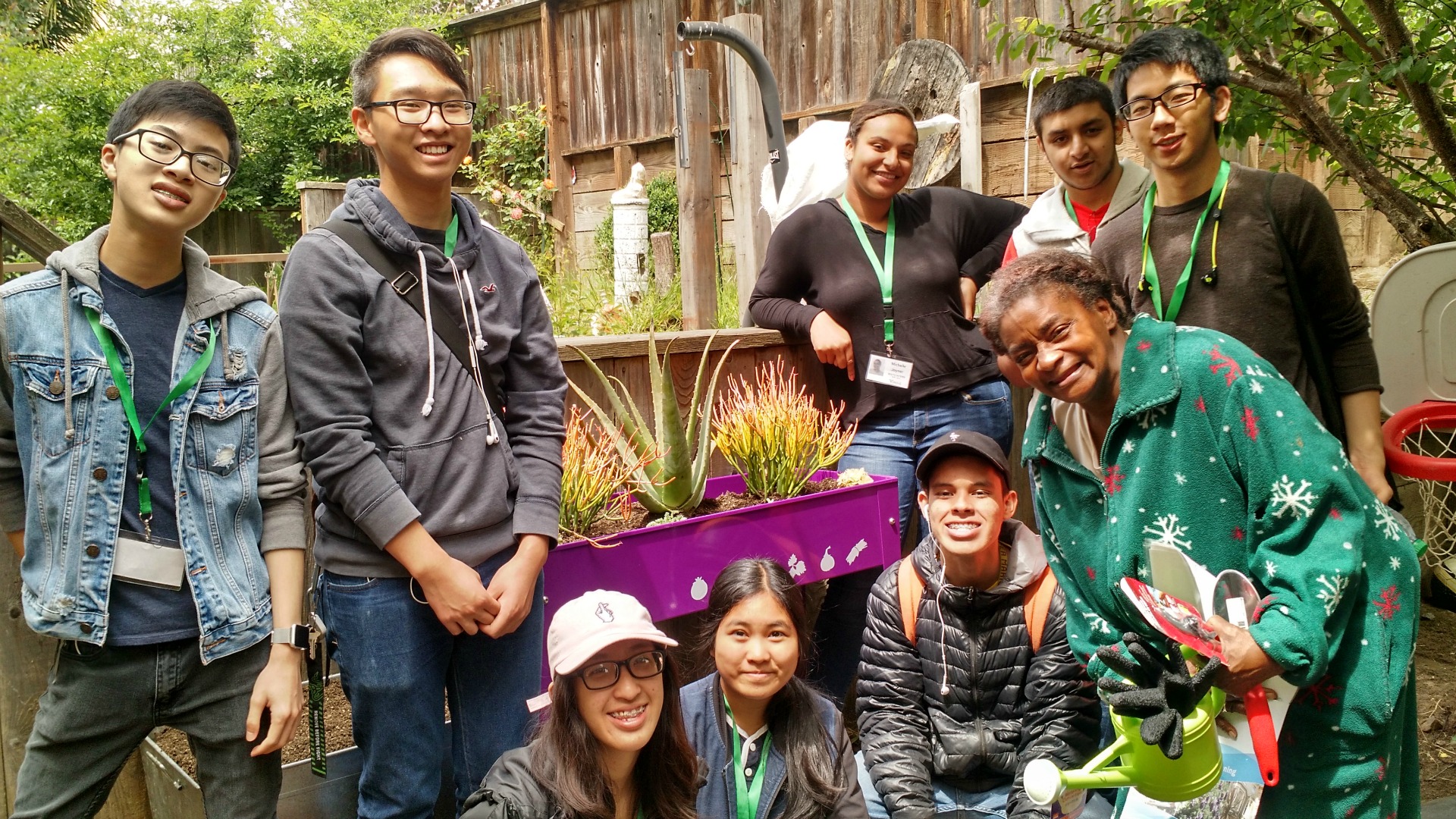
CommunityGrows got their start renovating blighted parks. Now, the Western Addition group uses those parks to teach kids where their food comes from, with a variety of programs including healthy cooking classes, after-school farm programs and job training for low-income youth.
One of the biggest problems with our current food system is access. Sure, we should all be eating healthy food, but how can we when the nearest grocery store is an hour and two Muni transfers away? Healthy Retail SF aims to ensure that everyone has the opportunity to purchase nutritious, affordable food choices by working with corner stores to include options like fruits and vegetables. They provide a pathway for corner stores to transform themselves, offering resources, financial help and a sustainable model. The group evolved from the Tenderloin Healthy Corner Store Coalition, started by a group of teenagers frustrated by the area’s lack of healthy options.
